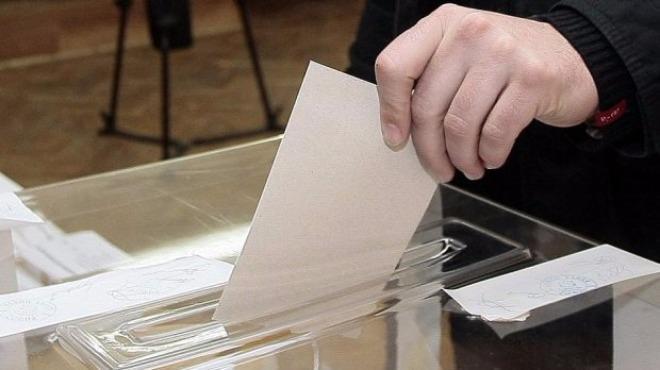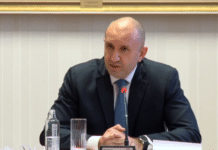
In Burgas, the results of the elections for municipal councilors aroused serious controversy, triggered by the complaint of the “Middle European Class” /MEC/. The party claims that electoral irregularities in the counting process changed the number of municipal councillors and expresses serious doubts about the fairness of the electoral process.
In the recount, the first expert examination showed a large number of invalid ballots for GERB – 334 in number, which on election day were incorrectly counted as valid, the new recount would have reduced the number of councillors for GERB and increased those of the Middle European Class. In December, a week after the expert report was submitted to the court without remarks, when it became clear how the seats would be redistributed, some of the experts mainly connected to GERB abandoned the expert report and it was not accepted by the court. Doubts continue to grow, especially after the appointment of new experts for the second consecutive expert examination, where most of them are directly and indirectly associated with GERB. A large number of the new experts worked in municipalities headed by GERB mayors or were appointed by such mayors or were representatives in Municipal Election Commissions, District Election Commissions or Section Election Commissions nominated from GERB quotas.
According to the European middle class, there are serious questions about the independence of the experts in the second count. The difference in the way the ballots for GERB and the European middle classwere counted raises suspicions of subjectivity, miscounting and double standards. Ballot papers with the same marks are marked as questionable for the European middle class, but at the same time are accepted as valid for GERB.
Several concrete examples highlight this problem. In section 45 with the same (even rougher sign) of GERB, the second experts no longer indicate it as disputable.
Similar differences are observed in many other sections, where subjectivity in the judgment of the experts is evident. In the present expertise, the paradox is that a ballot paper in favour of the party European middle class is considered invalid, while a ballot paper in favour of the party GERB with the same symbol is considered valid. Suddenly, several hundred invalid ballots counted in the first examination are counted as valid and the risk of GERB’s mandate being dropped disappears, although it still hangs on a few votes.
From the European middle class we claim that there is subjectivity and bias, as well as grounds for removing the experts and grounds for not accepting the conclusion of the expertise. In this regard, in the hearing, they want to clarify the issue of which political party’s quota the experts are participating in the electoral process and whether they have membership of any political party.
Since the law requires that the experts have no affiliation or any legal relationship whatsoever. For that they ask the court to clarify these circumstances to make sure that the respective expert persons do not have any legal relationship with any political party that participated in the respective elections, but the court does not allow to ask these questions to the expert persons and clarify the situation.
That is why the Middle European Class, which believes that an incorrect count was carried out, at the last session justified a request to open several sections to the court and to all participants in the process and to transparently verify the way the count was carried out, because the change of the allocation of councillors depends on a difference of a few votes. It is strange that the request was again not granted by the court, although it would have quickly and easily confirmed or dispelled any doubts about the objectivity of the experts, the refusal in turn raising many other questions.
The public should follow developments with caution and demand clarity and transparency from the judiciary and the experts involved in the enumeration process. At this crucial time for democratic principles and the fairness of the vote, it is essential to ensure the independence and objectivity of the process, as well as the public’s confidence in both the electoral system and the judiciary, which has recently been rocked by violent scandals.
The European middle class is ready to go further by referring the matter to the prosecutor’s office and other state bodies in order to preserve the democratic principles that will ensure real transparency and trust at every level of the electoral process, including in its judicial review.
















